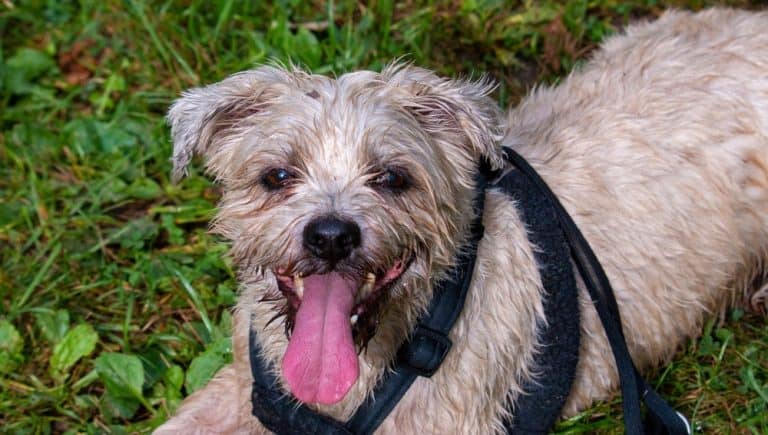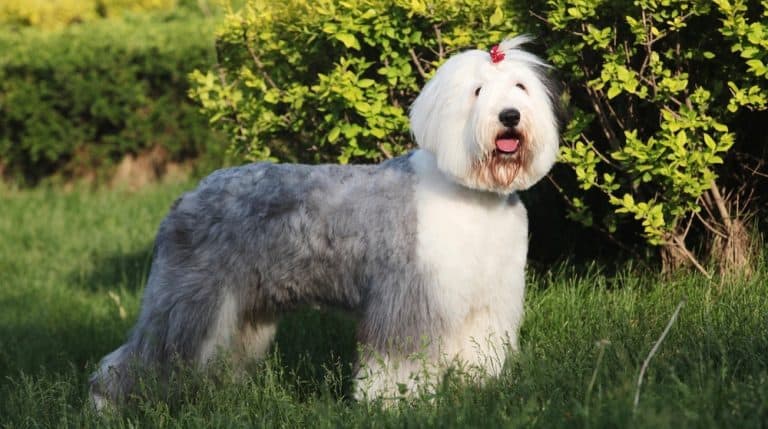Jack Russell Growth Chart – Weight & Size Chart
If you are contemplating adopting a Jack Russell, you must be wondering what size they are when they are fully grown.
Every dog requires care through a healthy diet and exercise to reach their maximum growth, including Jack Russells.
This article will give you information regarding the Jack Russell growth chart and what to expect throughout their life stage.
You will also know when they stop growing, factors that can affect their growth, and many more!
When Do Jack Russells Stop Growing?

Seeing your Jack Russell develop and grow from being a puppy to an adult is the best experience. Provided you raise them correctly by feeding them a healthy diet and exercising them, your Jack will grow to be a happy friend their whole life.
So, when do Jack Russells stop growing? Most of them reach their full size by the ages of 6 and 8 months but will continue to bulk up and fill out up to the age of 12 months.
However, their growth rate depends on their diet, health, and genetics. So, each dog will grow at a different rate.
Jack Russell Weight Chart
Jack Russells’ weight varies depending on the individual dog. Therefore, if your puppy is not growing to the expected average weight over a certain age, you should not be overly concerned.
This is because it is possible for them to catch up to the required weight with time or they could be a small dog in nature.
If it is the first time for you to own a dog, it is normal for you to feel anxious about your puppy’s weight, but a Jack Russell weight chart can be useful to you.
When your puppy is three months old, you should expect them to weigh between 2.8 and 3.6 kg. At six months old, your Jack Russell will weigh about 5.1 to 6.4 kg and when they are twelve months old, their weight is between 6.4 and 8.2kg.
Both female and male Jack Russell can grow to the same size and height. It is a fact that this breed of dog does most of their growing in the first 12 months.
However, the factors of growth can vary from one dog to another, so your puppy may fully grow before they hit the 12-month mark.
It is also possible for your puppy to be lightweight during their first birthday, and there is nothing to worry about as they will keep filling their weight after 12 months.
Jack Russell Puppy Weight Chart
| Age | Average Weight (kg) | Average Weight (lb) |
|---|---|---|
| 3 months | 2.8 - 3.6 kg | 6.2 - 7.9 lbs |
| 4 months | 3.8 - 4.7 kg | 8.4 - 10.4 lbs |
| 5 months | 4.5 - 5.8 kg | 9.9 - 12.8 lbs |
| 6 months | 5.1 - 6.4 kg | 11.2 - 14.1lbs |
| 7 months | 5.6 - 7 kg | 12.3 - 15.4 lbs |
| 8 months | 5.8 - 7.5 kg | 12.8 - 16.5 lbs |
| 9 months | 6 - 7.8 kg | 13.2 - 17.2 lbs |
| 10 months | 6.2 - 8 kg | 13.6 - 17.6 lbs |
| 11 months | 6.3 - 8.1 kg | 13.9 - 17.9 lbs |
| 12 months | 6.4 - 8.2 kg | 14.1 - 18.1lbs |
Jack Russell Growth Chart – What to Expect
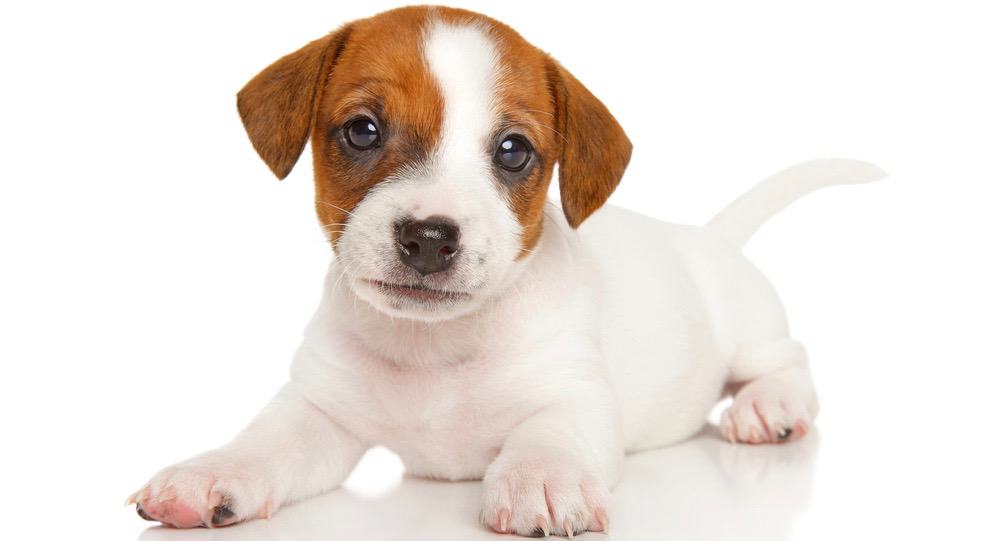
Birth – 2 Weeks
This is the neonatal stage, and the Jack Russell puppies depend fully on the mother’s milk for nutrition. During this stage, their siblings and mother play an important role in keeping them warm.
Their sense of sight, hearing, and smelling start developing at this stage and you will see them wagging their tail.
3 Weeks – 12 Weeks
This is the socialization stage where the puppies need to be introduced to people and other dogs. By the 5th week, the puppy will be enjoying their playtime and become more aware of their surroundings.
Their teeth will start appearing and they will start to bark because they can see. Puppies should remain with their mother and siblings so that they can learn socialization skills and inhibited biting.

4 Months – 9 Months
During this stage, there will be an increase in mouthing and teething issues because teeth development will be completed. They can eat solid foods and you can teach them some manners.
During this stage, they show signs of fear, therefore, you should monitor and supervise them.
10 Months – 18 Months
This is the adolescent stage, and your Jack Russell will understand having a pack of both dogs and humans.
During this stage, they will be challenging the owner because they are exploring their role and dominance in their pack. This is the age where you spay or neuter them because they will start exhibiting sexual behaviors.
Adult
During this stage, your puppy will be fully grown, and you can offer them advanced training if you have been training them as puppies. Your Jack Russell enjoys play, walks, and mental stimulation at this stage.
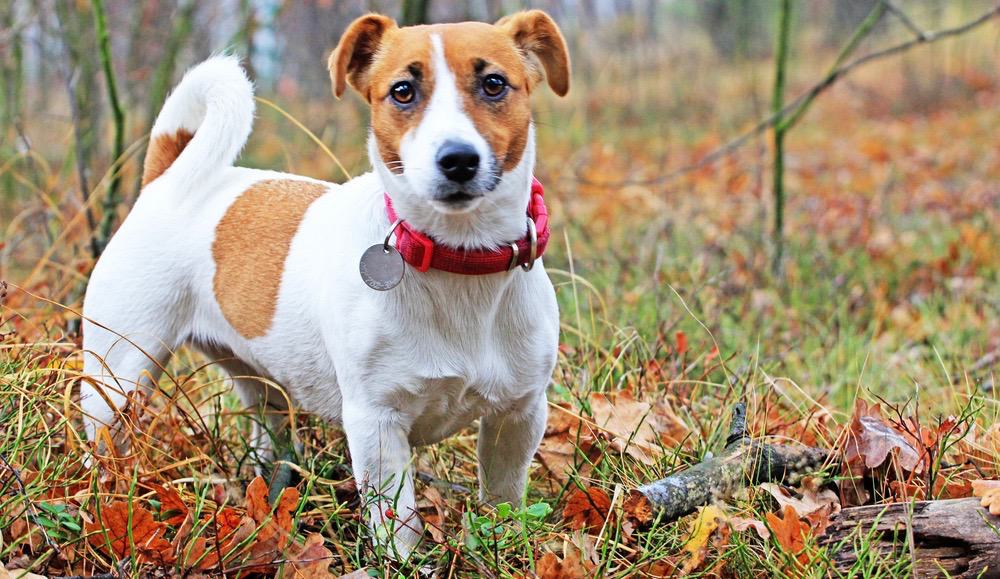
Therefore, you can find activities for you and your puppy to do, such as hiking, hill walking, or agility classes.
How Big Will My Jack Russell Puppy Get?
Jack Russells have different heights, therefore, do not worry if your puppy is shorter or taller than other Jack Russells. Diet, genetics, health, and physical activity can affect how big your puppy will get.
Other factors are responsible for the growth and varying height of Jack Russells, but it is important to know how to predict the future size of your puppy.
To know how big your puppy will get to, look at the size of their parents and have a look at the Jack Russell size chart.
When you know the growth, height, and other statistics of your puppy’s parents, you will have an idea of how big they will be. A fully grown Jack Russell has a height of between 10 and 15 inches and weighs around 13 and 17 pounds.
Factors That Affect Jack Russell Terrier Growth
Genetics
Generally, genetics does not negatively affect the growth of Jack Russells but will determine whether they will be taller or shorter when they are fully grown. Mostly, the weight and the height of the puppy’s parents will give you an idea of the size your puppy will be.
If your puppy’s parents are smaller in size, you do not need to worry if they are small, and larger parents will lead to larger dogs.
However, you can help your puppy to reach their maximum growth by feeding them a healthy balanced diet and exercising them regularly.
Nutrition
Inadequate nutrients for Jack Russells can lead to stunted growth and them becoming malnourished. If the food you are feeding your puppy does not have essential minerals, vitamins, and fatty acids, you are putting them in danger and their health can be compromised.
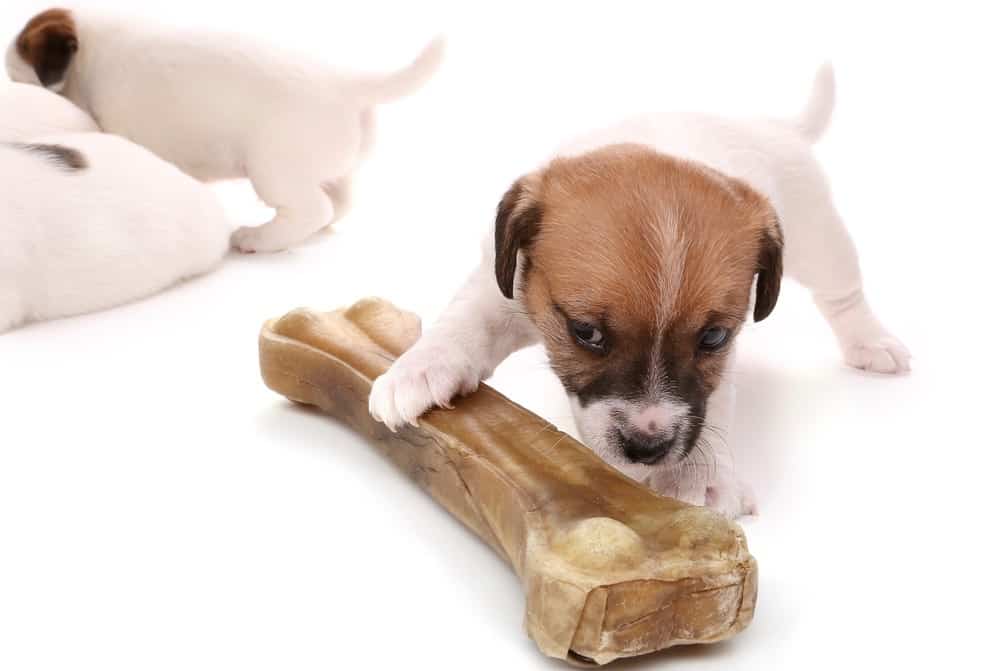
Note that supplements cannot make up for inadequate nutrients, but foods high in nutrients will ensure they are healthy. Feeding your Jack Russell healthy food when they are young is necessary because it is the most crucial time of their growth and development.
Physical Activity & Health
Jack Russells are energetic dogs that require exercising every day to maintain their optimum health. If they do not exercise, they can become overweight which may lead to health conditions such as heart disease and hip dysplasia.
Ensure that your puppy gets 30 minutes to 1 hour of exercise every day so that they can keep their broad chest bones and muscles healthy.
What If My Jack Russell Is Not the Right Weight?
Is your Jack Russell overweight or underweight? You need to be careful if your Jack Russell is not the right weight. This is because they can be easily affected by health conditions such as increased dysplasia, shortness of breath, cardiovascular disease, and articulation problems.
If your puppy is overweight, you can help them lose weight by reducing their caloric intake and increasing their physical exercise.
Reducing the calories means reducing the amount of food they eat in a day but ensure that they are getting the required nutrients.
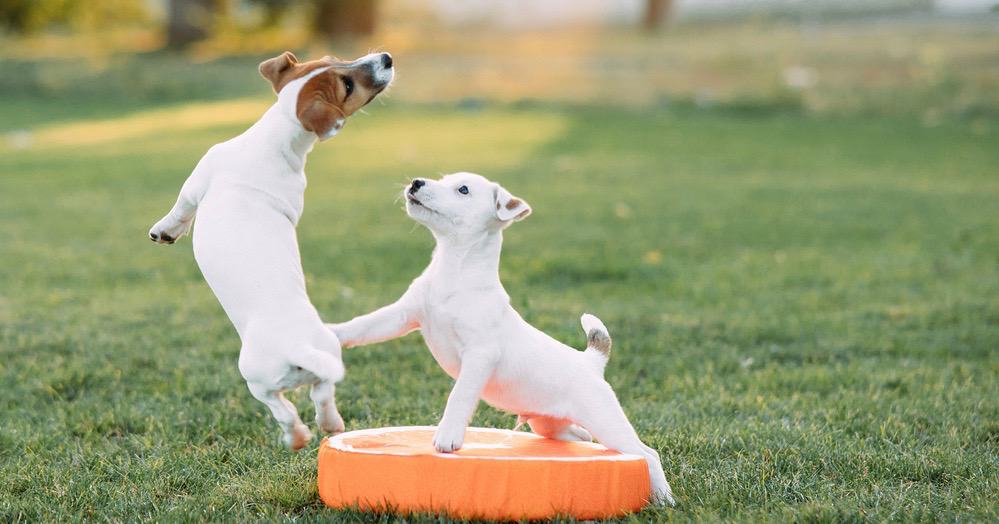
You should avoid feeding them homemade food as it may be difficult to measure the fiber intake, fat, carbohydrate, and protein content.
Exercise can be in form of slow or fast walking for 30 minutes or an hour, swimming in the lake, ball games, running following you by bike or foot, frisbee, and agility sessions.
It is also important that you consult with your vet on how to help your Jack Russell get in their right weight, as there could be underlying health conditions causing your puppy to be overweight or underweight.
What Is the Life Expectancy of Jack Russell Terriers?
Compared to other breeds, Jack Russell Terriers have a longer lifespan, which can be one of the benefits of owning one. So, how long do Jack Russells live?
On average, Jack Russell Terriers live for between 13 to 16 years. However, they can be affected by certain health conditions such as eye problems and deafness, which can shorten their lives.
To live their best and longest lives, Jack Russells need love, exercise, a healthy diet, and socialization. Providing the most ethical care to your puppy will ensure that they enjoy their long lives with you.
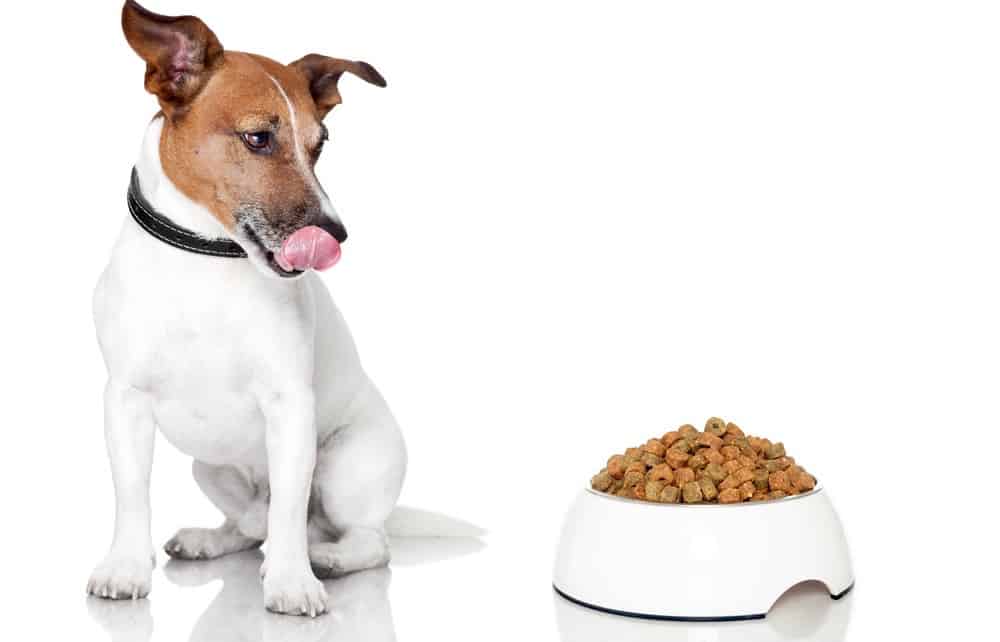
How Much Does It Cost to Own A Jack Russell?
Typically, knowing the cost involved in owning a Jack Russell is the first step before deciding to move forward with anything. The cost involved can vary depending on where you decide to adopt the Jack Russell from.
The cost of adopting a Jack Russell from a reputable breeder can range from $800 to $2500. On the other hand, the cost of adopting a Jack Russell from a reputable rescue is about $300.
On average, monthly costs range between $30 and $50, and the cost of buying what your puppy needs such as beddings, toys, and grooming items can be around $200.
Depending on your budget, you can choose to adopt a Jack Russell from the rescue center or a reputable breeder.
Jack Russell Genetics and Common Health Problems
Like all dogs, Jack Russells are affected by certain health problems including the following:
Dislocating lens – also known as lens luxation, this condition happens when the ligaments that hold the lens together detach themselves from the lens capsule in the eye. Surgery or occasional eye drops can help treat this condition.
Gum disease – this happens when the supporting structures of the teeth are inflamed due to the accumulation of bacteria, food, and minerals which leads to the formation of tartar. You can prevent this condition by brushing your puppy’s teeth
regularly.
Breathing problems – the presence of parasites such as lungworms can cause inflammation of the lungs leading to pneumonia. If your puppy’s breathing is compromised, surgery should be done to treat the condition.
Skin conditions – Jack Russells can be affected by allergies such as pollen, dust, washing powders, or wheat which may lead to skin inflammation.
Pancreatitis – this is a common problem with Jack Russells, and it is the inflammation of the pancreas. This condition can be treated by avoiding fatty foods and supportive care.
Final Words
Jack Russells are loving and energetic dogs that need optimum care to live their best life and grow to their full potential without any health conditions.
A balanced diet with essential nutrients combined with the physical activity of your choice will ensure that they have a healthy life.
Hopefully, this article has answered most of your questions about the growth of Jack Russells including the common health problems and factors that can affect their growth.




